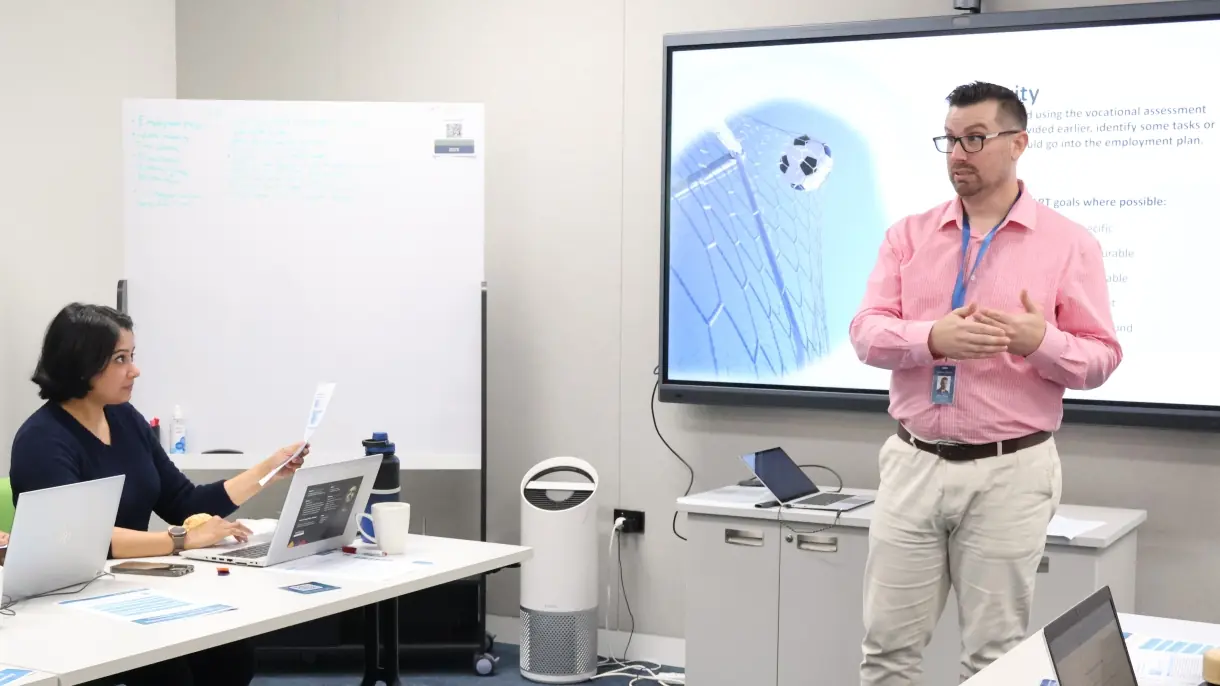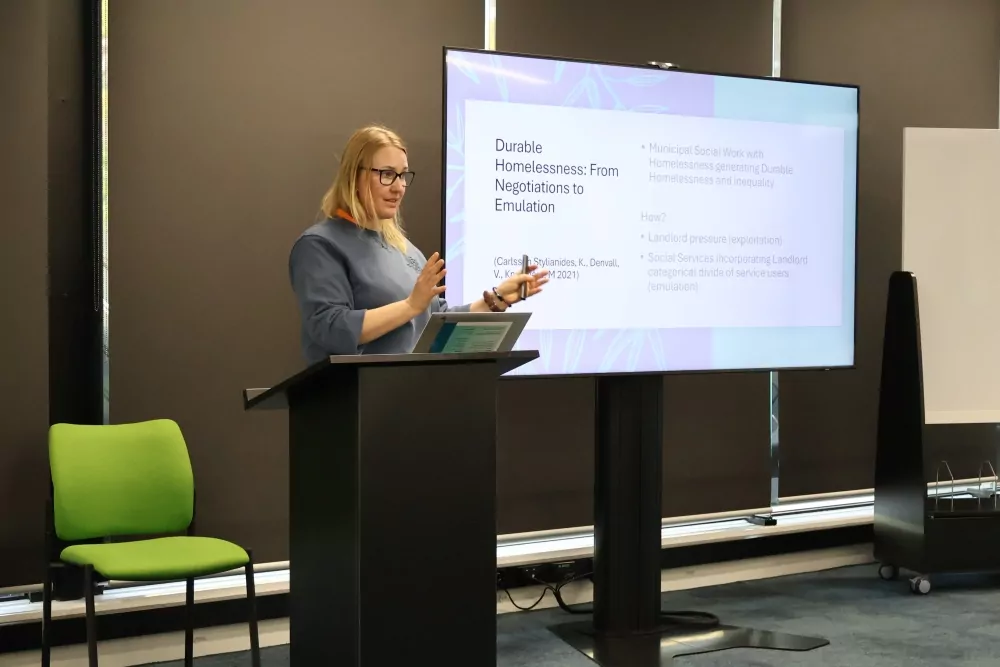Advantages and use of AI in IPS employment support

Published:
October 31, 2025
Library type:
Keywords:
AI is not a new technology. It has existed in various theoretical forms since the 1950s, but breakthroughs in the 2010s – along with the rise of tools like ChatGPT and Copilot – have led to a significant increase in its use that we’ve observed over the past year. Now that AI is accessible to the general population, its influence is growing rapidly, and its applications continue to expand as more people explore its potential.
Within the Individual Placement and Support (IPS) space, however, there has been limited discussion or guidance on how AI can be integrated into employment support, though some providers are already using it to varying degrees. For this article, IPS Implementation Manager Robert Williams wanted to highlight current and emerging uses of AI in this context, and to explore additional opportunities for its application.
It’s important to acknowledge that not everyone is comfortable using AI. Feedback from recent Work Counts training sessions has shown that some individuals have never used AI tools, and some providers do not yet have policies in place.
“A cautious approach is healthy – there are valid concerns around the accuracy of AI-generated information and the privacy of data shared with these tools. However, when used thoughtfully and responsibly, AI can significantly enhance productivity and efficiency,” says Rob.
To support the adoption of AI, it’s recommended that providers and organisations establish an AI policy, or policies, that both address concerns and encourage appropriate use.
Some employment specialists worry that AI might eventually replace them, but it’s important to recognise that AI is simply a tool – not a substitute for human connection. While it can assist with certain tasks as detailed in the new Work Counts AI resource (link below), it cannot replicate the core elements of the role that rely on empathy, trust and personal engagement. Building relationships with employers, offering emotional reassurance to clients, conducting thorough assessments, establishing trust with financial support agencies, and providing meaningful in-work supports are all deeply human responsibilities. These aspects of employment support are not just valuable – they’re irreplaceable.
To support employment specialists with harnessing AI as a tool in everyday practice, Work Counts has launched a new workshop From Assessment to Action: A guide to employment planning which includes a component on using AI to enhance outcomes as part of tailored employment planning.
We’re sure that there will be additional applications beyond those described in our resource ‘Using AI in employment support services’.
At Work Counts, we believe it’s important to continue sharing insights and innovations across the health and social services sector for the benefit of the people we support.
“We look forward to hearing more about people’s experiences of using AI in IPS employment support and embedding this into their practice,” adds Rob.


